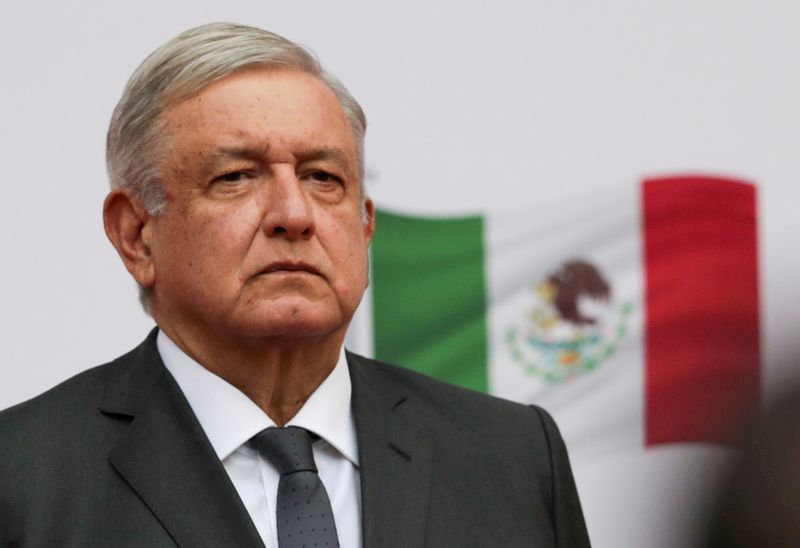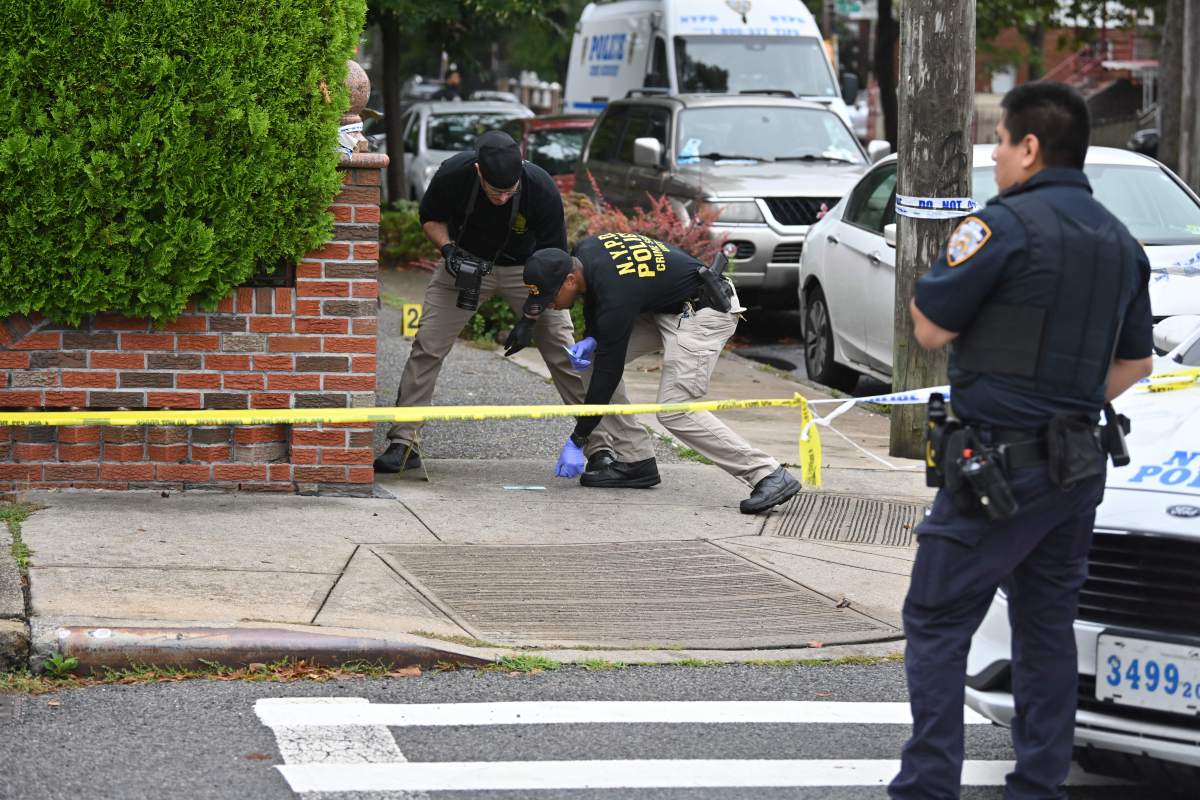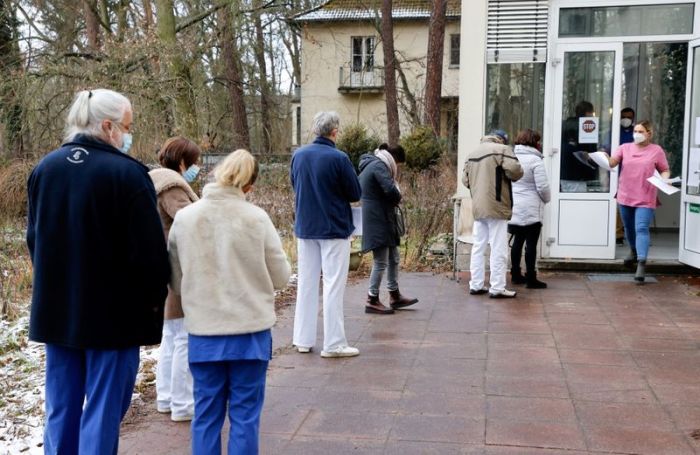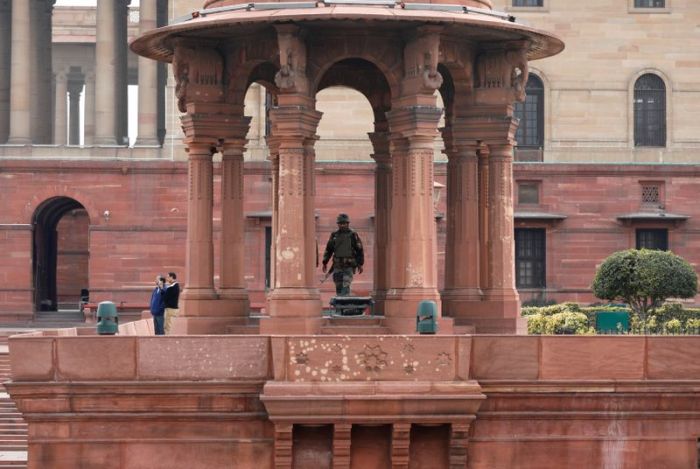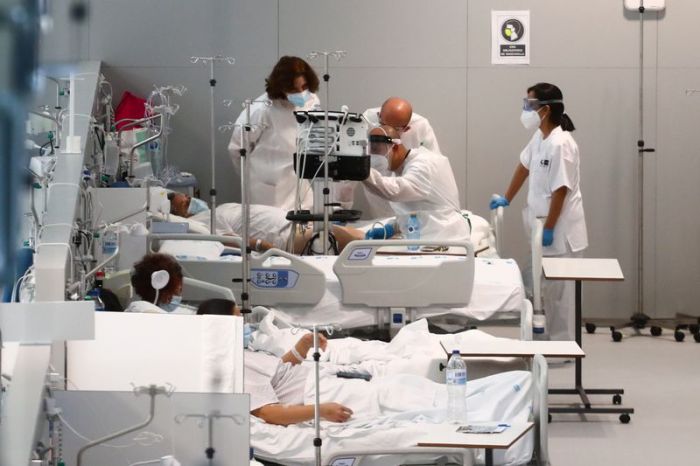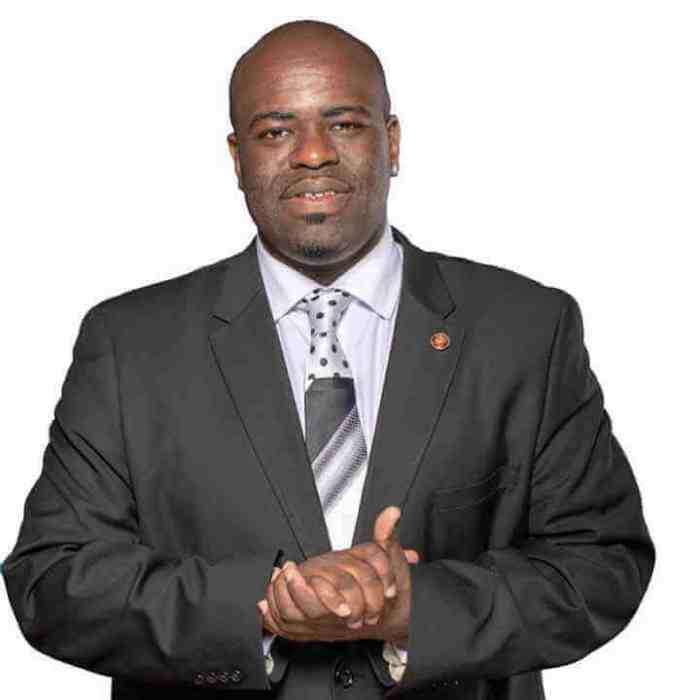MEXICO CITY (Reuters) – Mexican President Andres Manuel Lopez Obrador on Friday backed the decision by his country’s attorney general not to charge ex-Defense Minister General Salvador Cienfuegos with drug crimes, in a case that has roiled U.S.-Mexico diplomatic relations.
Cienfuegos, who was minister from 2012 to 2018 during the government of former President Enrique Pena Nieto, was arrested in October at Los Angeles airport on charges he worked with a powerful drug cartel. U.S. prosecutors later dropped the case and returned him to Mexico to be prosecuted, citing diplomatic sensitivities.
Mexico’s government vowed to thoroughly investigate Cienfuegos’ case but on Thursday, less than two months after his return from the United States, Mexico’s attorney general office concluded that Cienfuegos had no contact with members of the criminal organization.
It also said it had found no evidence that Cienfuegos’ wealth had increased in any untoward manner.
“It’s a decision the attorney general’s office makes, but one that the government I represent supports,” said Lopez Obrador in his regular morning news conference.
On Lopez Obrador’s instructions, Mexico’s foreign ministry on Friday published a 751-page document showing the U.S. evidence against Cienfuegos, including detailed logs of alleged Blackberry communications.
The fallout from the case has soured relations with Washington ahead of U.S. President-elect Joe Biden’s swearing in next week. Lopez Obrador on Friday said the U.S. investigation had not been conducted with “professionalism.”
A U.S. Department of Justice spokeswoman said the United States reserved the right to restart the prosecution of Cienfuegos if Mexico did not do so.
Mexico said the failure to alert officials before the arrest marked “a before and after” in bilateral ties. In December it created new rules governing how foreign agents, including the U.S. Drug Enforcement Administration, operate in the country.
A watered-down, final version of those rules was published hours before the decision to drop the Mexican case against the former general, in a sign that security cooperation between the neighboring countries will continue.
The manner in which the Cienfuegos case was handled by Mexican authorities sent a worrying signal about the rule of law and impunity within the armed forces, with whom Lopez Obrador has developed close ties, analysts said.
“This is not only giving them impunity but also allowing extended and deeper impunity,” said Falko Ernst, a senior International Crisis Group analyst for Mexico.
“We are getting further away from the autonomous accountability and transparency mechanism that would be needed down the line to break high level corruption and collusion… between the state and crime groups,” he added.
‘THE GODFATHER’
Cienfuegos’ arrest in the United States followed a multi-year investigation that used wire taps to track a military figure who traffickers called ‘El Padrino,’ or ‘The Godfather.’
The U.S. investigators said they concluded ‘El Padrino’ was Cienfuegos and that he had helped drug traffickers move tonnes of narcotics.
The U.S. investigation published by the Mexican government appeared to be almost entirely based on messages picked up from a Blackberry device. The alleged messages from Cienfuegos are littered with typographical errors and spelling mistakes.
One source with knowledge of the situation said the case failed to establish ownership of the Blackberry.
The DEA and DOJ declined to comment on specific details of the case. The Eastern District of New York did not respond to a request for comment.
Lopez Obrador said Mexico’s attorney general’s office had “acted because it considered that the evidence presented by the United States government…has no evidentiary value.”
The president added that if evidence surfaces against others mentioned in the U.S. investigation of Cienfuegos, Mexico could pursue cases against them.
(Reporting by Laura Gottesdiener, Raul Cortes, Drazen Jorgic and Frank Jack Daniel in Mexico City; Additional reporting by Mark Hosenball in Washington; Editing by Diane Craft and Rosalba O’Brien)

